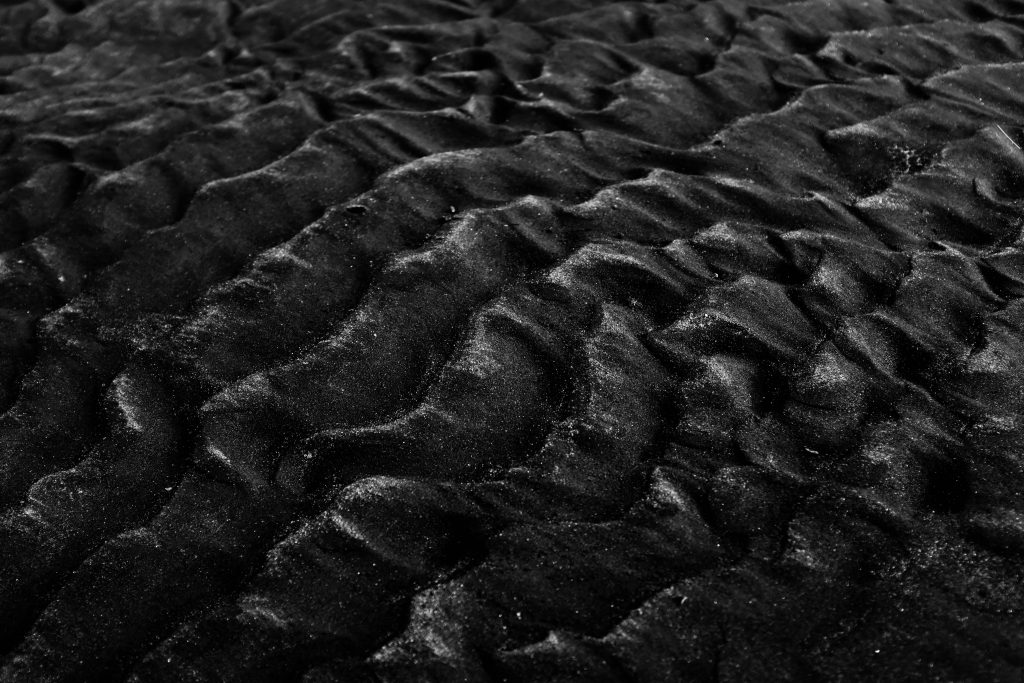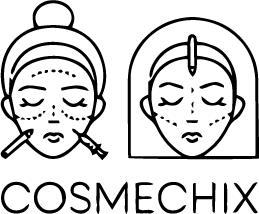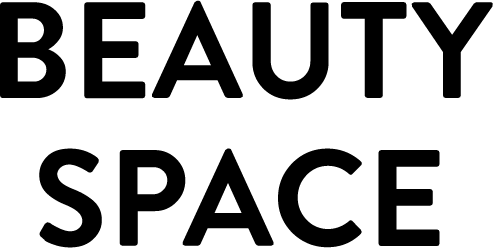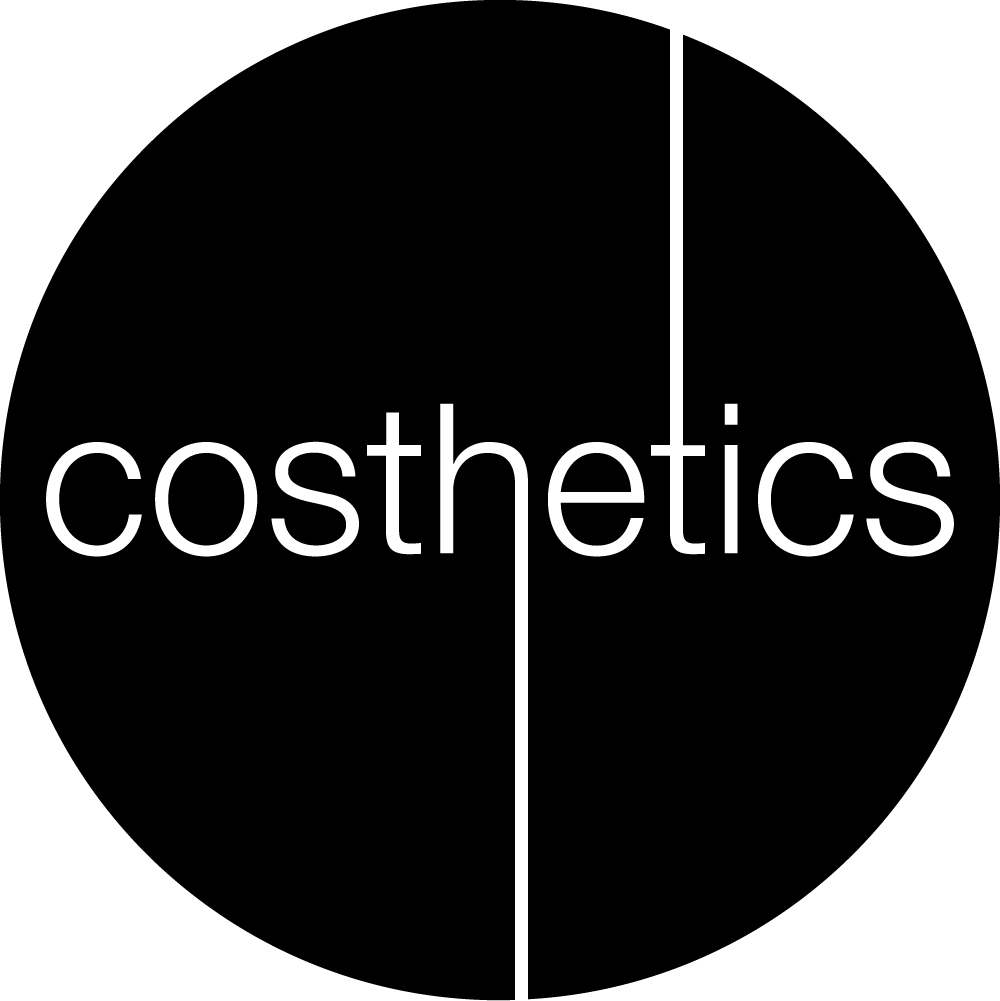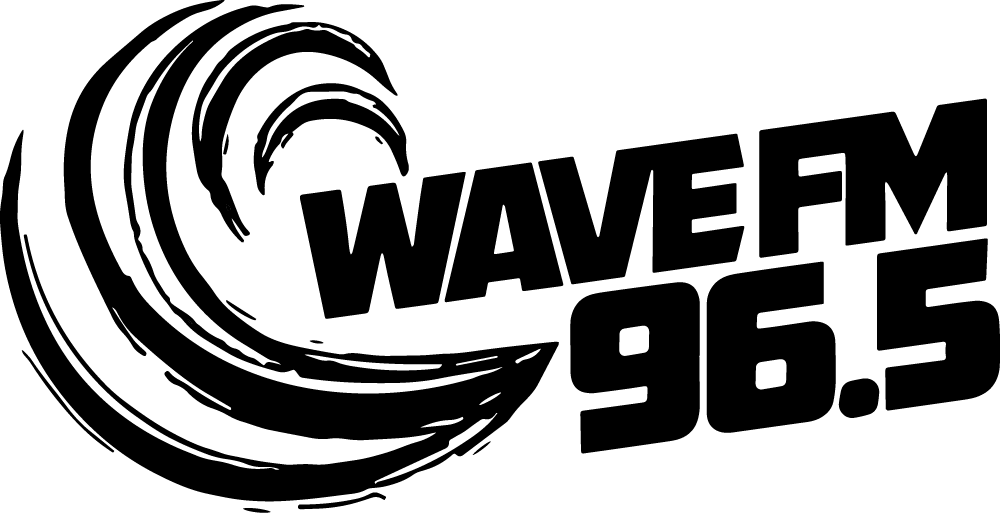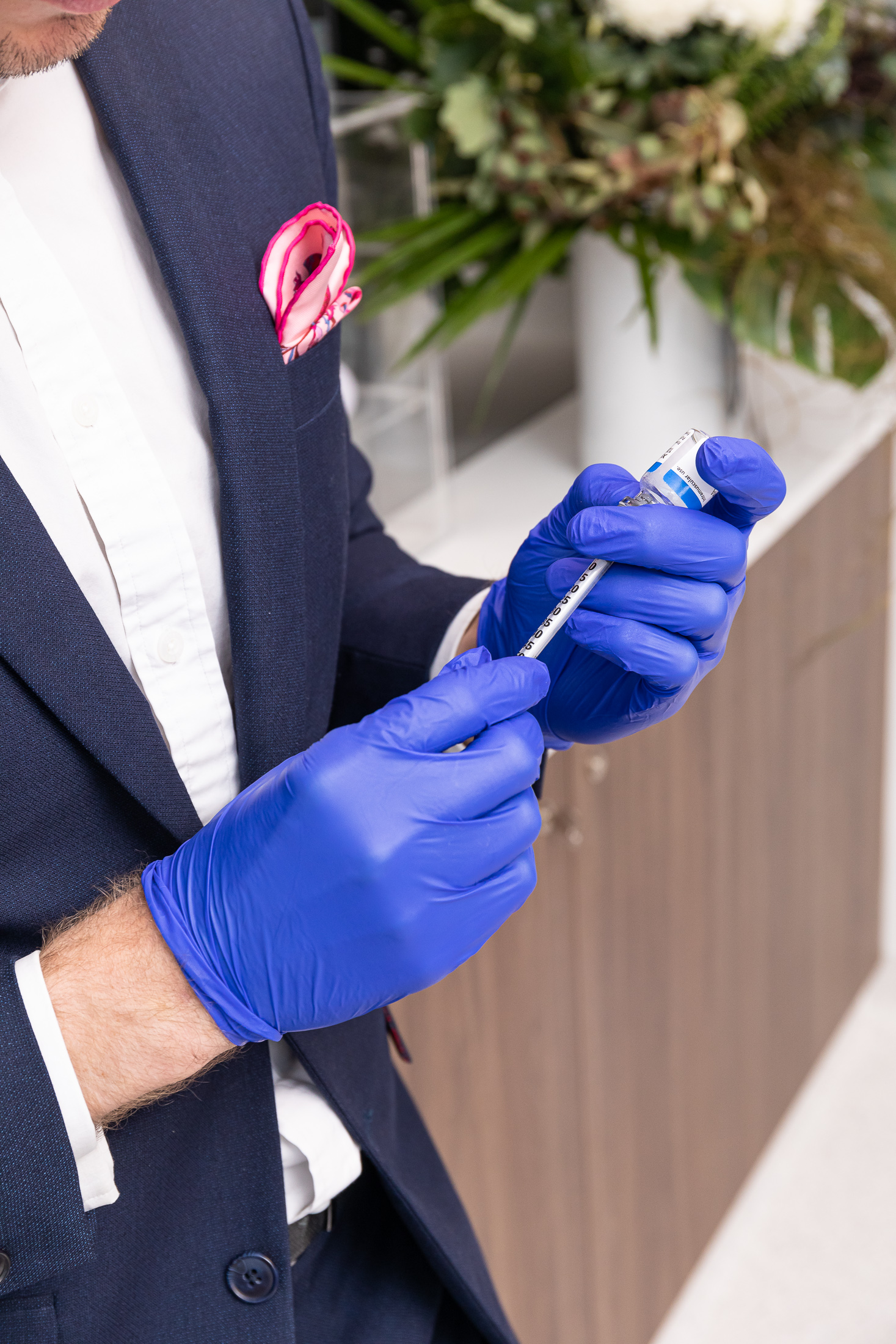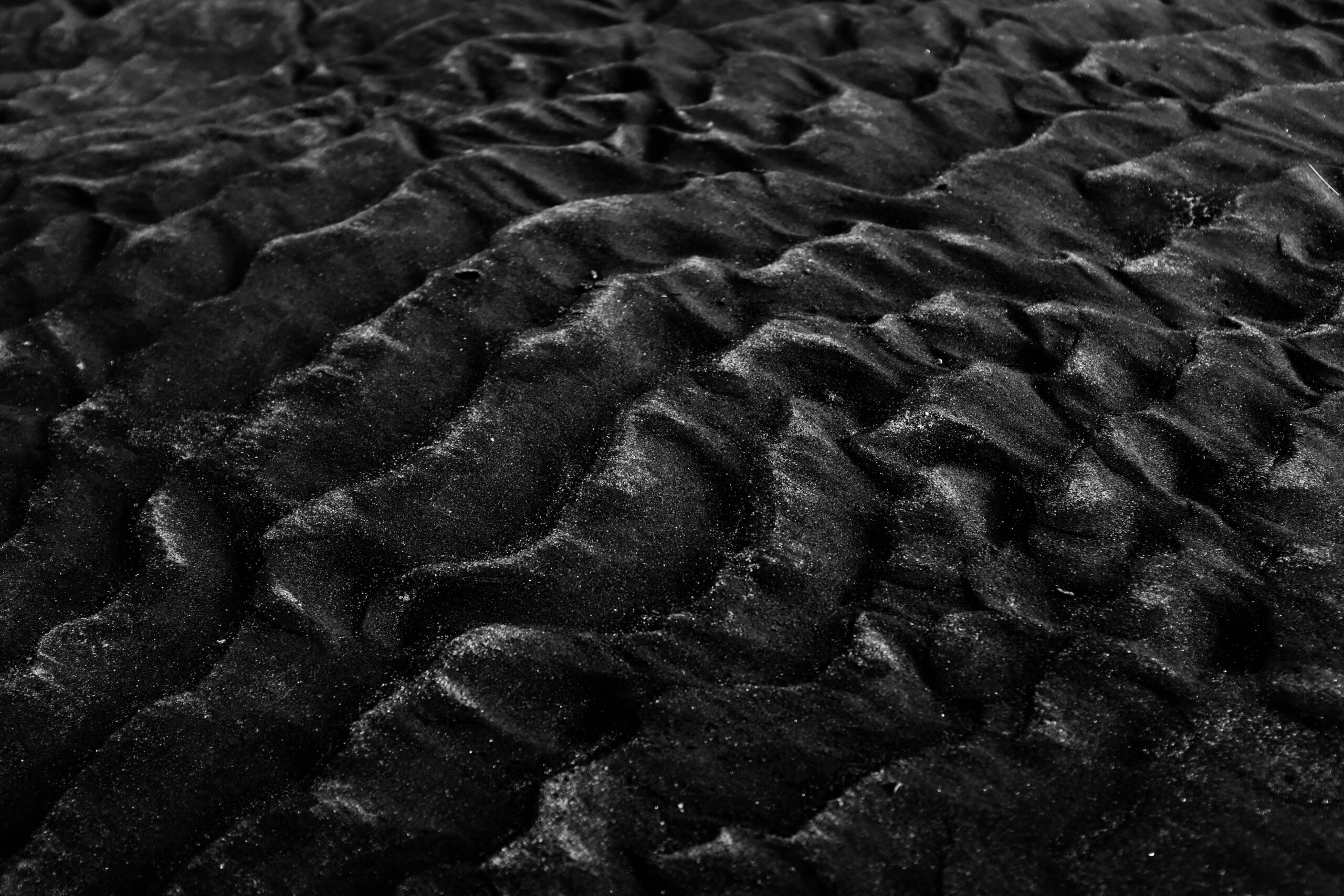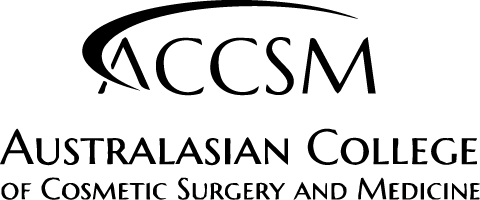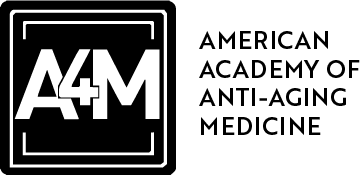Concerns
Hay fever
Itchy eyes, a runny nose, relentless sneezing, fatigue and headaches. Hay fever (allergic rhinitis) ranges from annoying to downright debilitating. It can interfere with work, study, and your social life, with symptoms that can be both seasonal, or year round. Learn about the causes of hay fever, and some surprisingly effective clinical treatments available.
As seen in
Cause & concerns
Pollen
Dust & pet hair
Treatment Options
Treatment Options
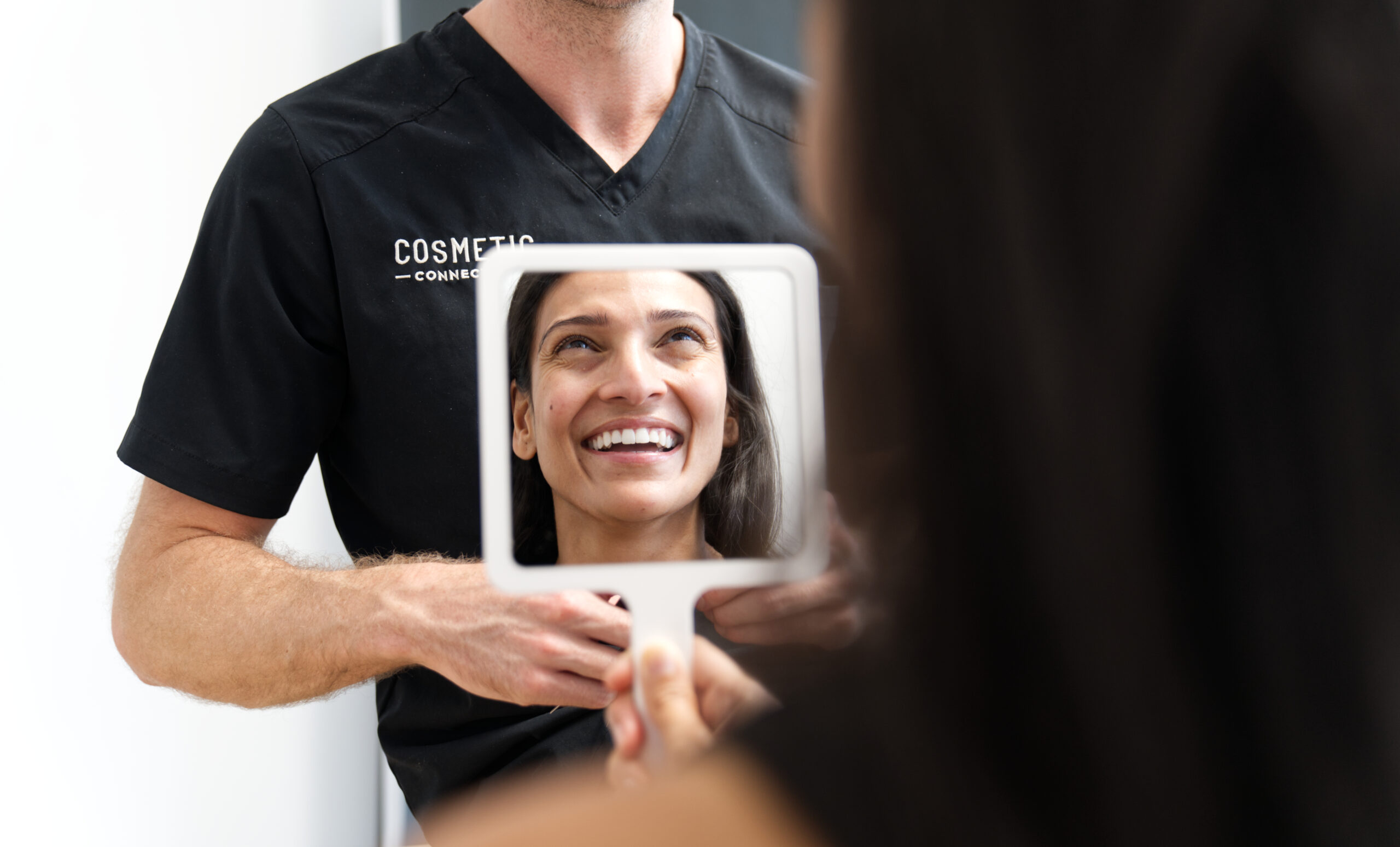
Why thousands of people choose Cosmetic Connection
When it comes to enhancing and rejuvenating your appearance, nothing beats experience.
Don’t risk your safety and results with inexperienced providers doing aesthetics as a side-gig.
Trust your cosmetic treatment to be skilfully performed by qualified, award-winning cosmetic doctors at one of the most experienced clinics in the country.
Our dedication to your service and satisfaction sets us apart time and time again.
Enjoy the benefit of a tailored treatment package that is aligned with your goals, and more cost-effective.
Don’t risk your results with clinics that use cheap, inferior products and risky, outdated techniques.
We are at the forefront of non-surgical cosmetic treatments, and make no compromises on the quality of your treatment.
Over a decade of experience has gone into perfecting our approach to cosmetic treatments, and this is reflected in our ability to achieve amazing results time and time again.
Just check out our before and after photos.
Your satisfaction is one of our top priorities.
Our treatments come with a range of guarantees because we are confident in our ability to deliver.
We want to answer any questions you may have.
If you can’t find the answers to your questions, get in touch with the clinic and we will get back to you as soon as we can.
Hay fever, also known as seasonal allergic rhinitis, is an allergic reaction to pollen. It causes symptoms such as sneezing, coughing, itchy and watery eyes, and fatigue.
Hay fever season in Australia varies depending on where you live.
Melbourne and Hobart have higher pollen counts in Spring as winds blow pollen in from Northern grass lands.
Sydney and Adelaide have longer but milder hay fever seasons, extending into Summer.
Hay fever seasons are dictated by the weather. Cooler and wetter Winters result in higher pollen counts. While wind strength and direction determines how that pollen spreads.
Hay fever is caused by an allergic reaction to pollen. When pollen comes into contact with the eyes, nose and mouth of a susceptible person, large amounts of histamine are released.
Histamine causes the symptoms of hay fever, like sneezing, itchy eyes, and coughing.
Certain genetic markers correlate with the development of hay fever. While the link is not definitive, the children of hay fever sufferers are more likely to also develop the condition.
The symptoms of hay fever include:
- Nasal congestion
- Red, watery and itchy eyes
- Coughing and sneezing
- Itchy nose, mouth, throat and ears
- Discolouration around your eyes
- Fatigue
Yes, hay fever can cause coughing. The cough is typically dry and non-productive.
Headaches are an uncommon symptom of hay fever. They are believed to result from nasal and sinus congestion, often described as a pressure headache.
Extreme fatigue is a symptom of hay fever. It results from poor sleep, as well as IgE and histamine exposure (compounds released during an allergic reaction).
Treatment options for hay fever include:
- Allergen avoidance: staying indoors on days with a high pollen count prevents hay fever.
- Antihistamines: block the action of histamine, which is responsible for the symptoms of hay fever.
- Nasal sprays: depending on the type, nasal sprays can flush out your nasal passage, block histamine, or reduce inflammation.
There is no permanent cure for hay fever. Immunotherapy (desensitisation) provides the longest-lasting results, up to 5-8 years. However, it requires a multi-year course and does not eliminate symptoms.
Immunotherapy is a natural way to treat hay fever. It involves exposing you to pollen in a controlled environment, aiming to desensitise your immune system.
Supplements have not been shown to be effective in the treatment of hay fever.
Hay spray is type of hay fever treatment done in clinic. A neurotoxin substance is sprayed into the nasal cavity with the goal of treating hay fever symptoms.
Haytox as an emerging treatment for hay fever. Currently being researched, this treatment involves spraying botulinum toxin into the nasal cavity to reduce the signals that cause hay fever symptoms.
Nasal sprays can be very effective treatments for hay fever symptoms depending on the type.
- Saline sprays: provide partial, short lasting relief from nasal congestion.
- Steroid sprays: are an effective treatment for hay fever symptoms, but are only suitable for short term use.
- Hay spray/haytox: an emerging, experimental treatment for hay fever with preliminary research showing improvements in hay fever symptoms for at least 8 weeks.
Hay fever pills (antihistamines) are an effective treatment for hay fever symptoms.
During an allergic reaction, histamine is released by immune cells, triggering symptoms like nasal congestion and itchy eyes.
Antihistamines block the action of histamine, preventing the symptoms of hay fever.
However, their effect is short-lasting (4-24 hours), and certain types cause drowsiness.
Professional Affiliations
Chat live, call, or fill out the contact form, and we’ll get back to you as soon as possible.
Melbourne
(Injectables only)
Suite 1/59 Ross Street,
Toorak, VIC, 3142
